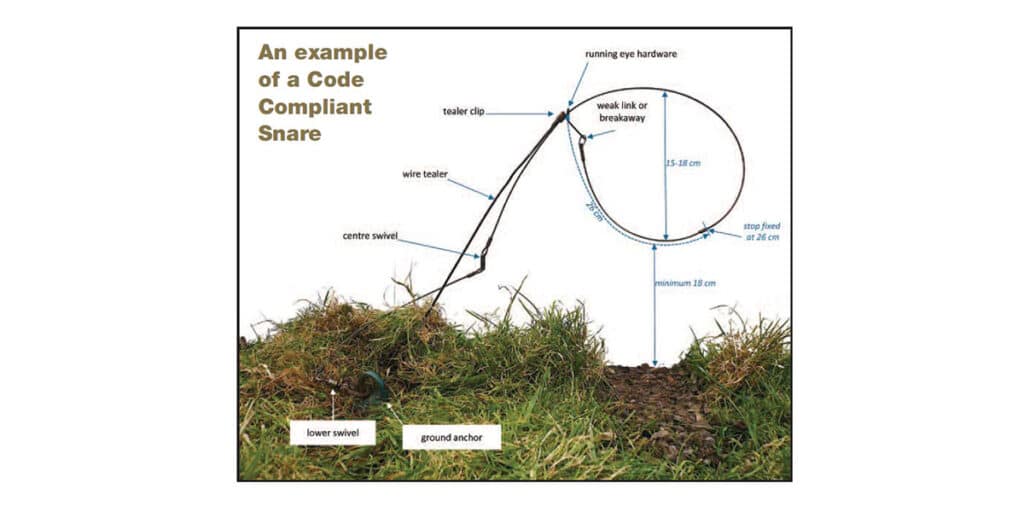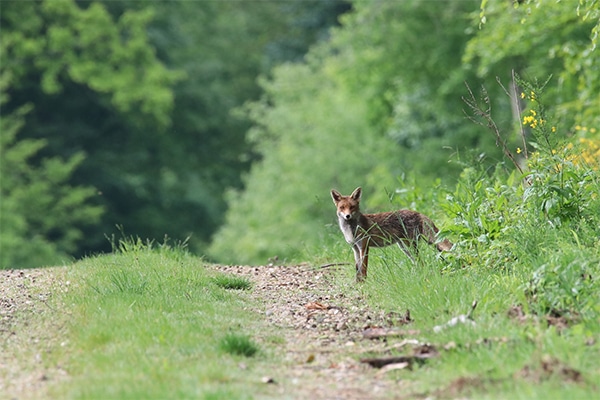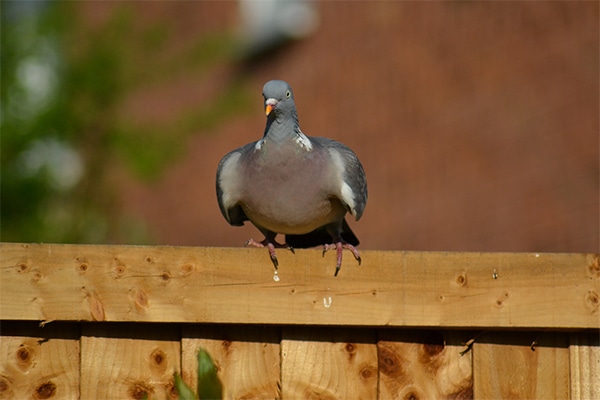
Grey squirrel control with live capture traps
The most effective way of conserving red squirrels is by reducing the number of greys,, which also take birds’ eggs and damage bird and pheasant feeders.
Get information on the legal shooting season for mammals and birds in the UK.
Apply for funding for your project or make a donation today
Comprehensive information and advice from our specialist firearms team.
Everything you need to know about shotgun, rifle and airgun ammunition.
Find our up-to-date information, advice and links to government resources.
Everything you need to know on firearms law and licensing.
All the latest news and advice on general licences and how they affect you.


Home » Pest and Predator Control » Fox » Best practice on the use of snares for fox control in England
The aim of this Code is to describe best practice when using snares for fox control. It is aimed at those who carry out fox control in the English countryside.
Always consider non-lethal and other lethal methods of solving the problem with foxes and use snares only if the alternatives are impractical, prohibitively expensive, or would not be effective.
Before using fox snares, consider whether the need justifies their use, bearing in mind:
IF IN DOUBT, DO NOT SET A SNARE.
The Welsh Government produced an advisory leaflet on the options available for both non-lethal and lethal control of foxes in rural areas which can be found here.
For further details on training in the use of snares, please contact us on 01244 573 019 or via email.
IF YOU ARE UNSURE OF YOUR LEGAL OBLIGATIONS, DO NOT SET A SNARE.
Recording the locations of your snares could help you check your snares daily. It also means that someone else can check your snares if you are unable to do so.
The use of fox snares in England is subject to legal restrictions, principally through the Wildlife and Countryside Act 1981, Animal Welfare Act 2006 and Deer Act 1991. All the offences defined by this legislation relate to the person setting the snare.
It is also an offence to knowingly cause or permit another person to commit snaring-related offences defined by the Wildlife and Countryside Act 1981. Failure to comply with legislation may lead to prosecution and penalties. These penalties may include a fine or imprisonment or both.


The most effective way of conserving red squirrels is by reducing the number of greys,, which also take birds’ eggs and damage bird and pheasant feeders.

Foxes can be prolific predators of gamebirds, ground-nesting birds, small mammals and young livestock and need to be controlled.

Woodpigeon are a major pest in the UK and it is legal to shoot them in accordance with the terms and conditions of general licences.